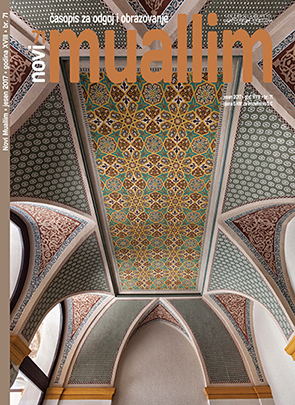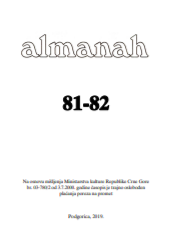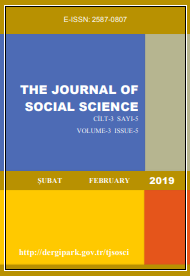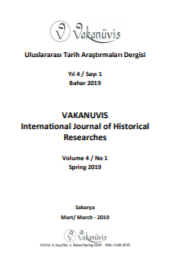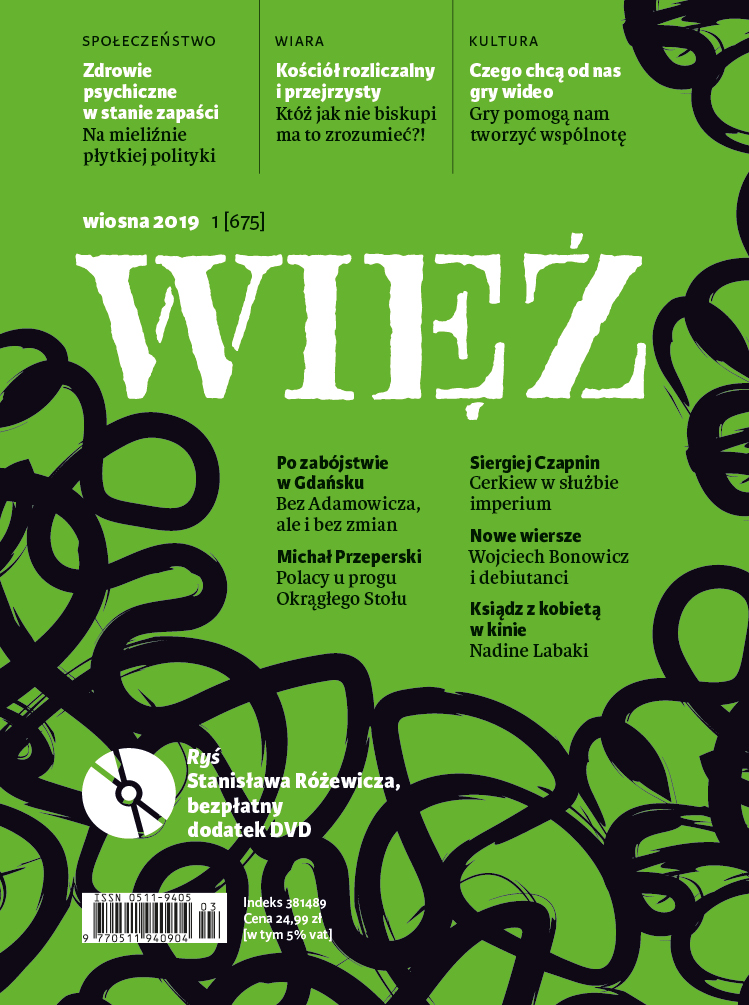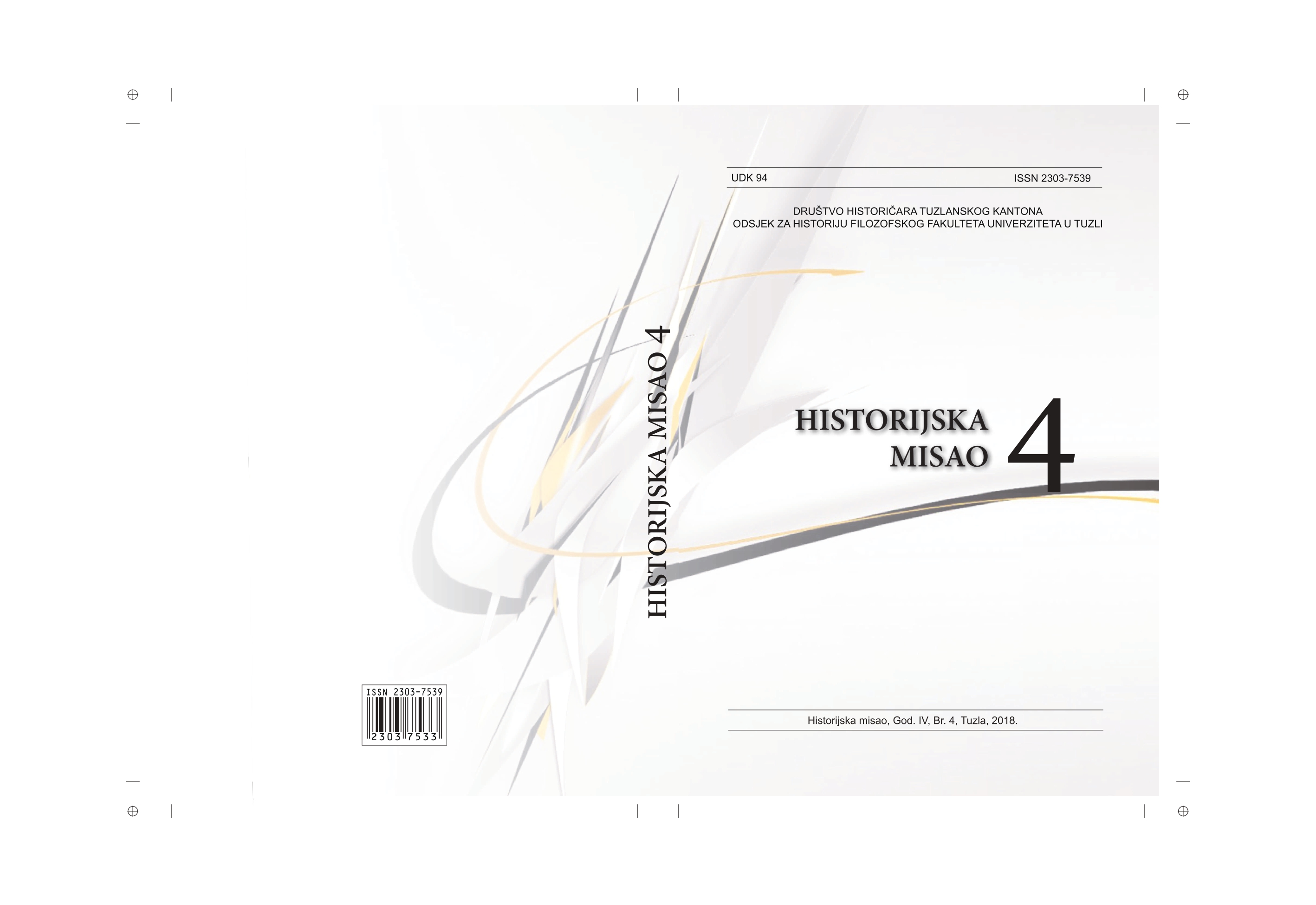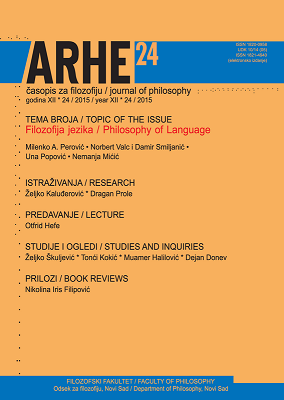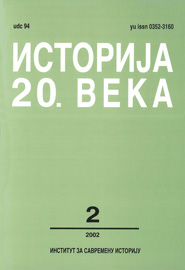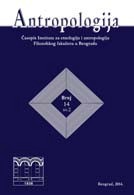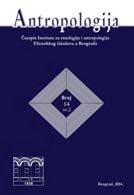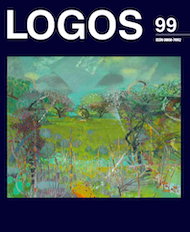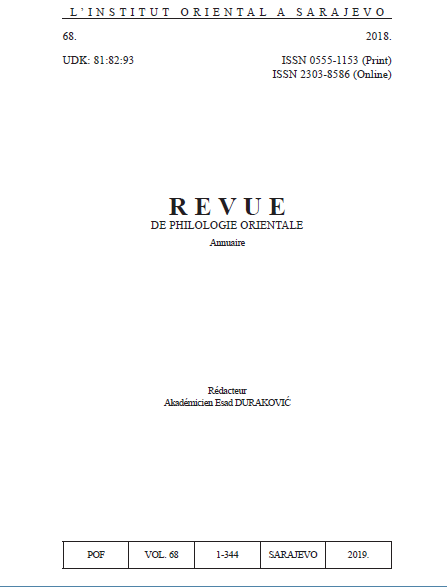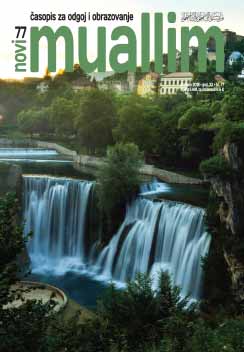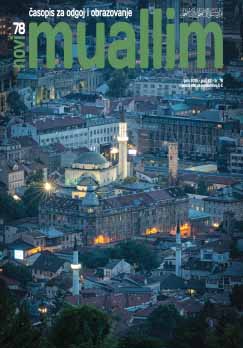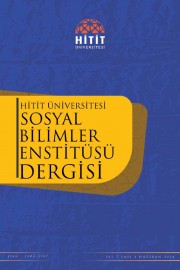
Alevi Sünni Bütünleşmesinin Önündeki Engeller: Tarihsel Yanlış Algılamalar
In this article, the Alevi/Sunni historical point of distinct separation will be discussed. Political wrangling, and religious sectarian differences, which are often manipulated to create an awareness of historical errors, will be analyzed. Two Turkish rulers, Sultan Selim Khan and Shah Ismail, who sought to achieve “world domination” as a result of their efforts, their beliefs as well as sectarian differences, will be explained in a dimension of the handling process. Starting from 1514, which was the breaking point of historical misconceptions and falsehoods and thus the integration of the Alevi-Sunni will be discussed, including the obstacles as well. Starting with the rupture of Yavuz Sultan Selim,and the effects in Turkey in our age, which are full of social and political unrestduring the past forty years as well as today, are partly under the spotlight inthis report. In addition to this, we will concentrate on the solutions as well. The struggles in the political field, which can turn into sectarian differences, we can see today in the reflections of the fatwa of Shaykh al-Islam and the sorrow created as a result of these fatwas, which will be referred to later on.
More...
